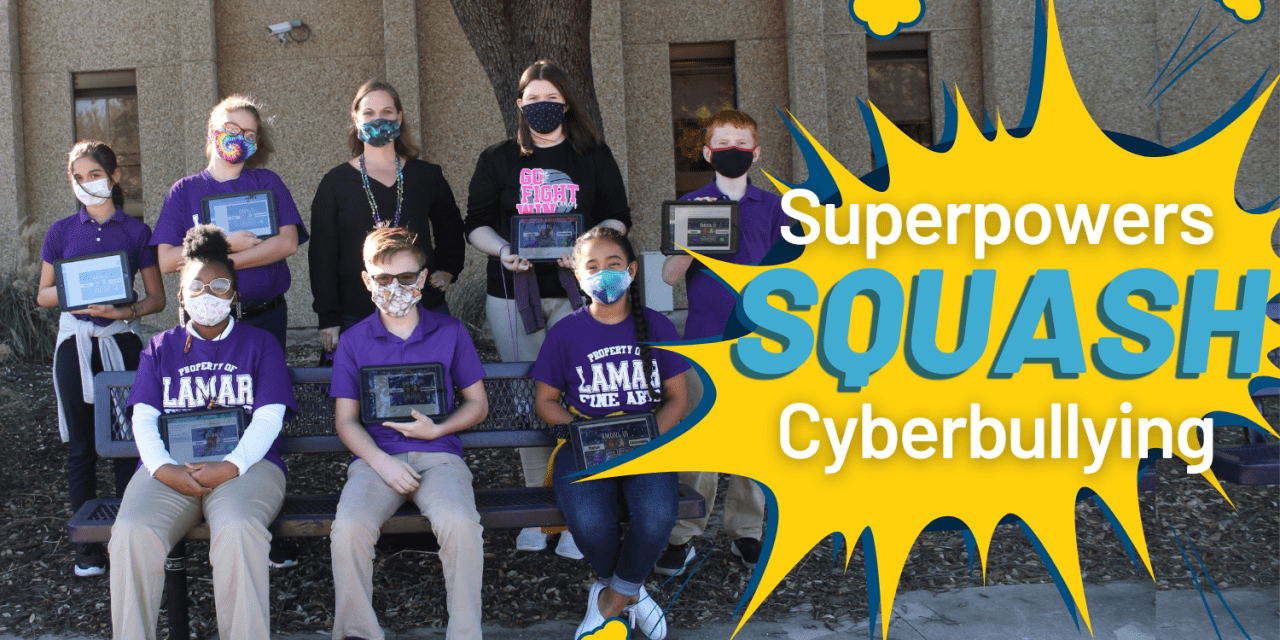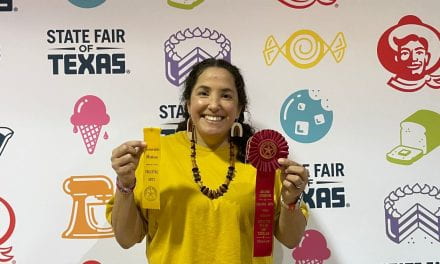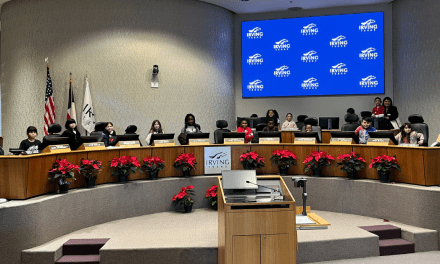Technology use is at an all-time high. Remote learning is the new instructional way, tech devices and hot spots are at the disposal of millions of students, Zoom has taken over the world and students are able to navigate technology better than any Geek Squad.
In the words of Melissa Colvin, digital learning coach at Lamar Middle School, “With superpowers come responsibility.” Colvin’s students, whom she deems to have superpowers, have spent this semester in a digital citizenship class named after the widely popular online game “Among Us.”
Among Us teaches students to be digitally responsible covering topics such as copyrighting, authentic research, Zoom expectations and cyberbullying. Colvin, in collaboration with fellow tech guru and Lamar librarian, Andrea Keller, is focusing on cyberbullying.
“Cyberbullying is happening,” says Colvin. “It’s not OK. Students shouldn’t have to put up with it. They need to be treated fairly whether, in-person or online. We want them to be safe.”
Kendra Creglow-Green, sixth grader at Lamar, is grateful Colvin and Keller have incorporated this topic into her studies.
“The lesson was really helpful,” she says. “When you leave a digital footprint, it can be good or bad. Leave a good digital footprint because everything stays on the internet.”
Colvin and Keller have taught students what cyberbullying is, provided examples and asked students to choose how they would handle certain bullying scenarios.
Many of the students were unaware of how harmful cyberbullying is to the victim.
“When you cyberbully, it affects the person. It leaves an effect that can turn to depression,” says Trevor Clark, seventh grader at Lamar.
Students have also learned how to stop and deal with cyberbullying in a healthy and safe way. This includes:
- Immediately telling a teacher and/or parent
- Speaking with a counselor
- Intervening, if it’s safe
- Talking with someone you trust about your feelings around bullying
- Being a leader and promoting a safe, kind environment for peers
Colvin is extremely proud of the positive changes she is already seeing since the curriculum was implemented.
“We just started the curriculum, and I’ve already seen more kids sign into the district privacy settings and seen less online chatting,” she says. “I want kids to know they are empowered and have rights, but they also have to respect each other. Everything you do is permanent, so be aware.”






